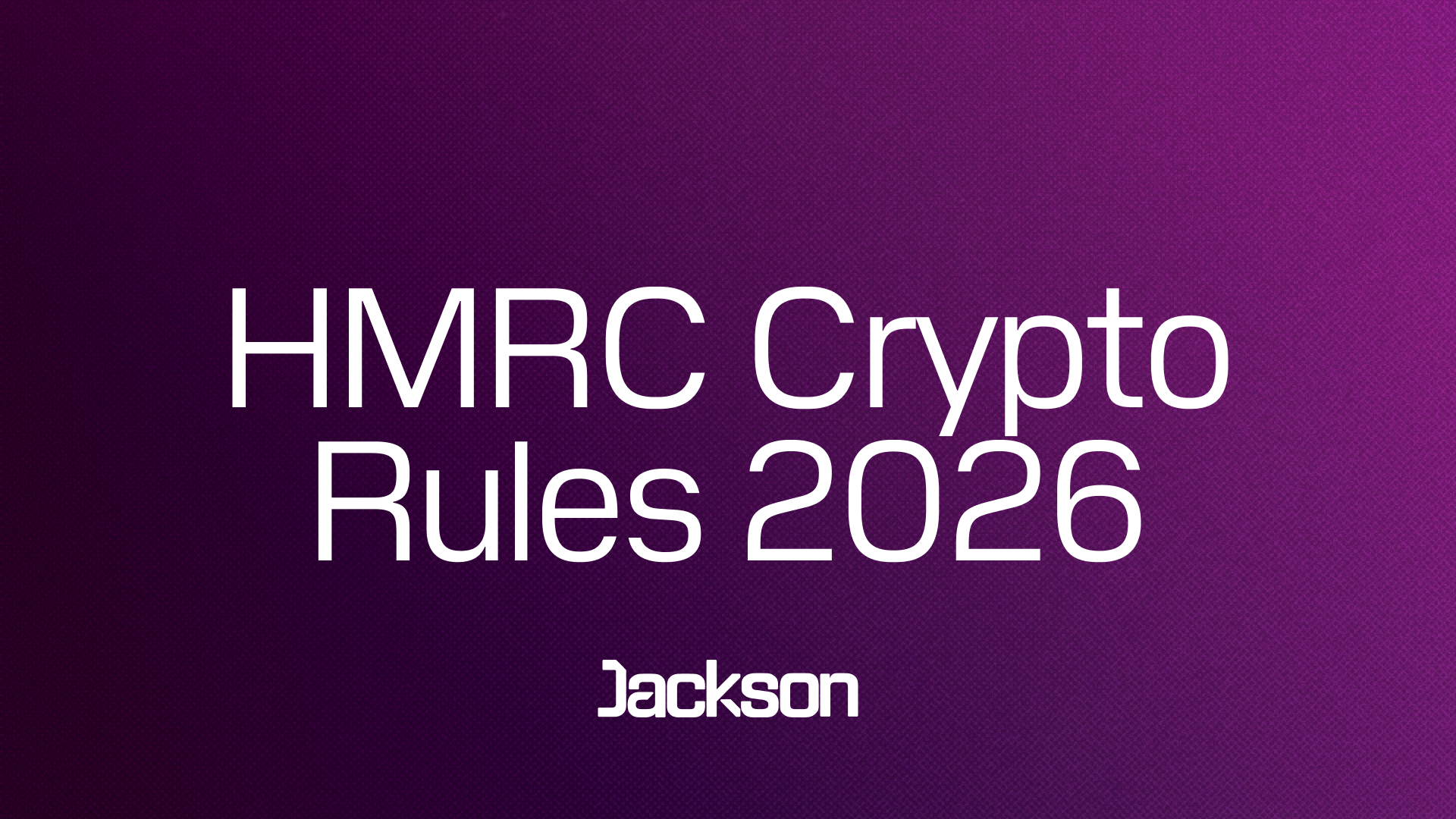New UK Crypto Tax Law Is Horrifying

What new HMRC rule affects crypto investors in 2025?
The headline change:
- Exchanges must report all past and future trading activity to HMRC.
- If you’ve ever submitted KYC documents (passport, driver’s licence, proof of address), those accounts are now fully linked.
Why this matters
HMRC won’t just see what you file on your tax return. They’ll also see what you didn’t file. That means:
- Discrepancies will stand out instantly
- Under-reporting will trigger scrutiny
- Penalties for mistakes could be significant
How does HMRC’s Connect AI track hidden income?
Beyond exchanges
The new Connect system uses AI to cross-reference your:
- Crypto transactions
- Bank accounts
- Side hustles
- Even your social media activity
Yes, social media
HMRC will estimate your lifestyle costs by looking at posts about travel, events, or big purchases.
If your lifestyle appears inconsistent with your declared income, Connect flags it for review.
Example
- Declared income: £30,000
- Social media shows: multiple holidays, luxury purchases
- Result: flagged for potential under-reporting
What happens if HMRC flags your account?
Potential outcomes
- Formal review of your records
- Estimated tax bill based on exchange + lifestyle data
- Fines of up to 100% of tax owed (e.g. £5,000 owed → £5,000 fine added)
Self-disclosure incentive
HMRC is actively encouraging voluntary reporting. If you declare before they investigate, fines may be reduced or removed.
What is “invisible income” and why is HMRC targeting it?
Invisible income = money that doesn’t show up in traditional employment records.
- Crypto profits
- Freelance side hustles
- Peer-to-peer sales
With AI, HMRC can now connect the dots across accounts, platforms, and behaviours. The goal is to eliminate gaps between actual earnings and declared earnings.
How long does HMRC keep records?
HMRC has long lookback powers. With exchanges handing over historical trading data, every past transaction is now on record. Even trades you made years ago could be reviewed.
What should UK crypto holders do now?
Step 1: Consolidate your data
Your tax records should match what HMRC will see from exchanges.
- Collect transaction histories
- Ensure consistency across wallets, accounts, and bank transfers
Step 2: Use tracking tools or professionals
- Accountant → expert oversight, handles communication with HMRC
- Crypto tax software (e.g., Koinly) → aggregates all your trading history into clean reports
Step 3: Prepare for full transparency
Assume every transaction, no matter how small, is visible. The “grey area” of crypto reporting is closing fast.
A balanced view
Yes, this feels invasive. But this shift reflects a global trend: governments regaining control over digital assets.
- Upside: clearer rules, less uncertainty about reporting standards.
- Downside: reduced privacy, higher risk of penalties for mistakes.
Crypto may have started as a decentralised rebellion — but in the UK, centralised oversight is here. The practical response isn’t panic. It’s preparation.




